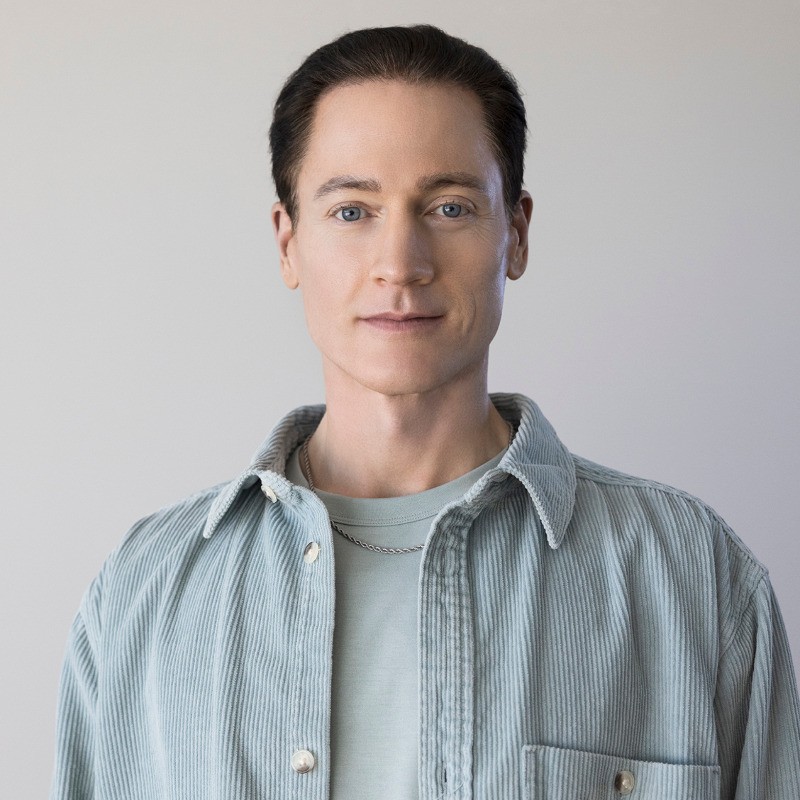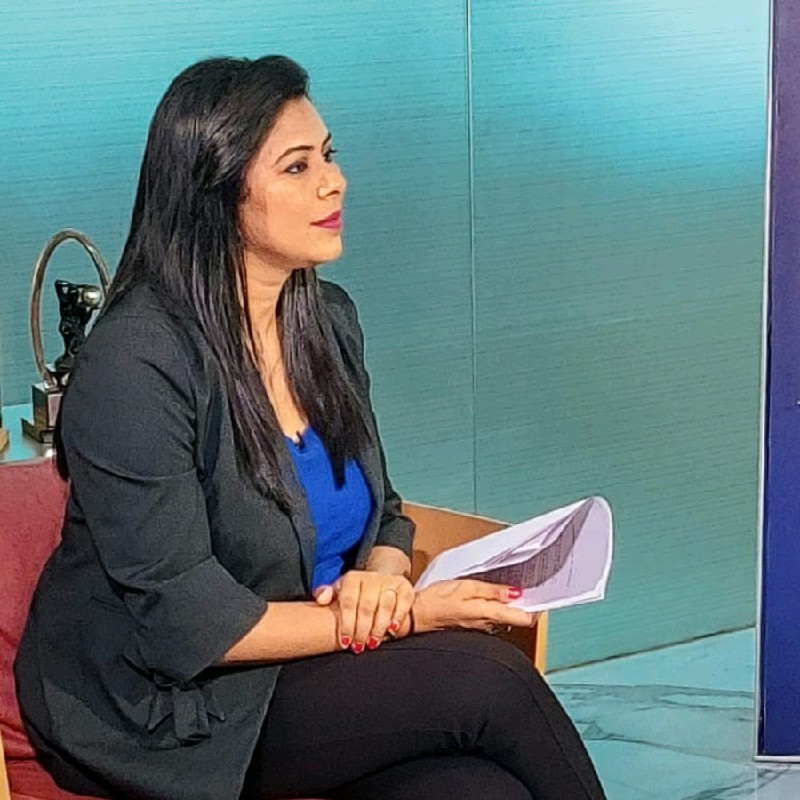Laura Mulvey's Email & Phone Number
Film theorist
Laura Mulvey's Email Addresses
Find personal and work emails for over 300M professionals
Not the Laura Mulvey you were looking for? Continue your search below:About Laura Mulvey
📖 Summary
Laura Mulvey is a prominent film theorist known for her groundbreaking work in the field of feminist film theory. Her influential essay, "Visual Pleasure and Narrative Cinema," published in 1975, explored the ways in which traditional Hollywood cinema perpetuates and reinforces patriarchal power structures through its representation of gender and the male gaze. Mulvey's work has had a profound impact on the study of film and gender, and her ideas continue to be widely studied and debated in academic and popular discourse.
In "Visual Pleasure and Narrative Cinema," Mulvey introduced the concept of the "male gaze," which refers to the way in which the camera and audience are positioned from a heterosexual male perspective, objectifying and sexualizing women on screen. She argued that traditional Hollywood cinema often presents women as passive objects of desire, existing solely for the pleasure of the male protagonist and the audience. This perspective serves to reinforce and perpetuate the dominant patriarchal ideology, shaping the way in which women are viewed and represented in society.
Mulvey's essay also introduced the idea of "scopophilia," or the pleasure derived from looking. She argued that traditional cinematic techniques, such as close-ups and voyeuristic camera angles, facilitate the male gaze and reinforce the objectification of women on screen. Furthermore, Mulvey suggested that the narrative structure of classical Hollywood cinema often revolves around the male protagonist's attempts to control and possess the female character, further reinforcing the power dynamics of the male gaze.
In addition to her exploration of the male gaze, Mulvey also addressed the concept of "narrative cinema," arguing that the narrative structure of traditional Hollywood films often reinforces the patriarchal ideology by positioning the male protagonist as the active agent of the story, while relegating the female character to a passive and often victimized role. Mulvey's work has prompted scholars and filmmakers to question and challenge the traditional gender dynamics and power structures presented in mainstream cinema, inspiring a new wave of feminist film criticism and theory.
Mulvey's impact on film theory and feminist discourse extends beyond her seminal essay. She has also written extensively on avant-garde and experimental film, as well as the relationship between film and psychoanalysis. Her work has been influential in shaping the way in which scholars and critics analyze and interpret cinema, challenging traditional modes of representation and providing new frameworks for understanding the complex relationship between film, gender, and power.
Furthermore, Mulvey's influence can be seen in the work of subsequent generations of film theorists and feminist scholars, who have built upon and expanded her ideas. Her work continues to be a touchstone for those interested in exploring the intersections of gender, sexuality, and representation in cinema, and her ideas remain central to the ongoing conversations about the role of women in the film industry and the portrayal of gender on screen.
Overall, Laura Mulvey's impact on the field of film theory and feminist criticism cannot be overstated. Her groundbreaking ideas about the male gaze, scopophilia, and narrative cinema have fundamentally reshaped the way in which scholars and audiences understand and interpret the representation of gender in cinema. Her work continues to be a vital and essential component of film studies, serving as a foundation for ongoing discussions about the portrayal of women on screen and the complex relationship between film, gender, and power.
Frequently Asked Questions about Laura Mulvey
What is Laura Mulvey's theory of film?
The "male gaze" is apparent in media that objectifies women and defines their identity in relation to a male character. The theory was developed by filmmaker and theorist Laura Mulvey as a critique of commercial film, but is also applicable to the analysis of art, literature, and other media.Jan 14, 2022
What is the feminist theory according to Mulvey?
Added to this theory by Laura Mulvey's now-classic essay, "Visual Pleasure and Narrative Cinema" [Mulvey, 1975], was the feminist claim that men and women are differentially positioned by cinema: men as subjects identifying with agents who drive the film's narrative forward, women as objects for masculine desire and ...
When did Laura Mulvey write her essay?
Laura Mulvey (b. 1941) is best known for the groundbreaking essay 'Visual Pleasure and Narrative Cinema' (1973, published 1975) in which she coined the term 'male gaze' and tackled the asymmetry at the heart of cinema – the centrality of the male viewer and his pleasure.Aug 15, 2018
Who created the feminist film theory?
British feminist film theorist, Laura Mulvey, best known for her essay, "Visual Pleasure and Narrative Cinema", written in 1973 and published in 1975 in the influential British film theory journal, Screen was influenced by the theories of Sigmund Freud and Jacques Lacan.
Laura Mulvey's Email Addresses
People you may be
interested in
American model
American basketball shooting guard
American actress and singer
Actor
Argentine soccer player
Indian actress
Indian actress and film producer
Football running back
Internet personality
American TV personality and former model
YouTuber
American basketball point guard








